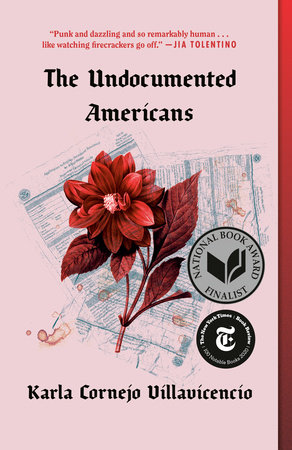Book Discussion: Separated: Inside an American Tragedy, by Jacob Soboroff
- Details
June 22, 2021: 6:30 p.m. - 8:00 p.m.
Class will be held via Zoom. Zoom information will be emailed to registrants prior to class start time.
Update: We just learned that author and NBC/MSNBC correspondent Jacob Soboroff will join us for our discussion of his book Separated: Inside an American Tragedy on Tuesday June 22, 2021 6:30 – 8:00 pm! Don’t miss this chance to discuss family separation at the border and other issues regarding immigrant children and families. Register here https://bit.ly/3xri764. Zoom link will be emailed after registration.
Join the LA Law Library book discussion group as we continue our year-long examination of immigration policies and issues with a discussion of Separated: An American Tragedy, by Jacob Soboroff. As a correspondent for NBC news, Soboroff was among the first to report on the Trump administration’s family separation policy. Beyond the headlines lay an untold multilayered story. Separated weaves together the voices of one separated family from Guatamala; the heroes who emerged to challenge the separation policy and worked on the ground to reunite parents with children; and Soboroff’s own story covering the issues at the border in Texas, California and Arizona, with administration officials in Washington, DC, and inside the disturbing detention facilities.
Awards:
- LA Times Book Prize finalist
- American Bar Association’s Silver Gavel Award Finalist
- Walter Cronkite Award for Excellence in Television and Political Journalism (individual achievement by a national journalist)
- Soboroff, Julia Ainsley and team awarded 2019 Hillman Prize for Broadcast Journalism
Presented by: Katie O’Laughlin, Managing Librarian, Reference & Research
Registration fee: FREE
LA Law Library does not provide legal advice: LA Law Library does not provide legal advice. LA Law Library provides legal resources and assistance with legal research as an educational service. The information presented in this program is not legal advice and is provided solely as an educational service to our patrons. For legal advice, you should consult an attorney.






